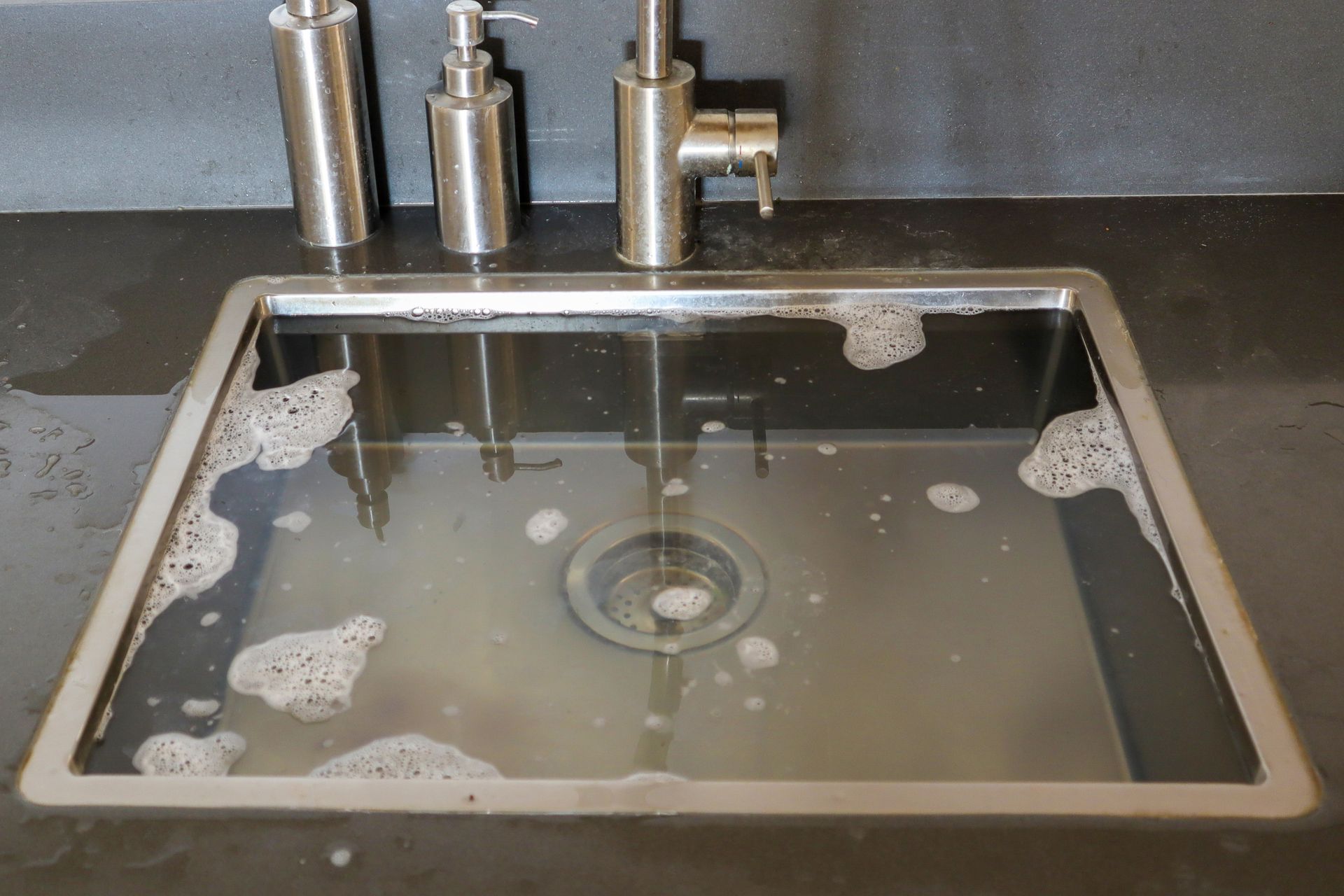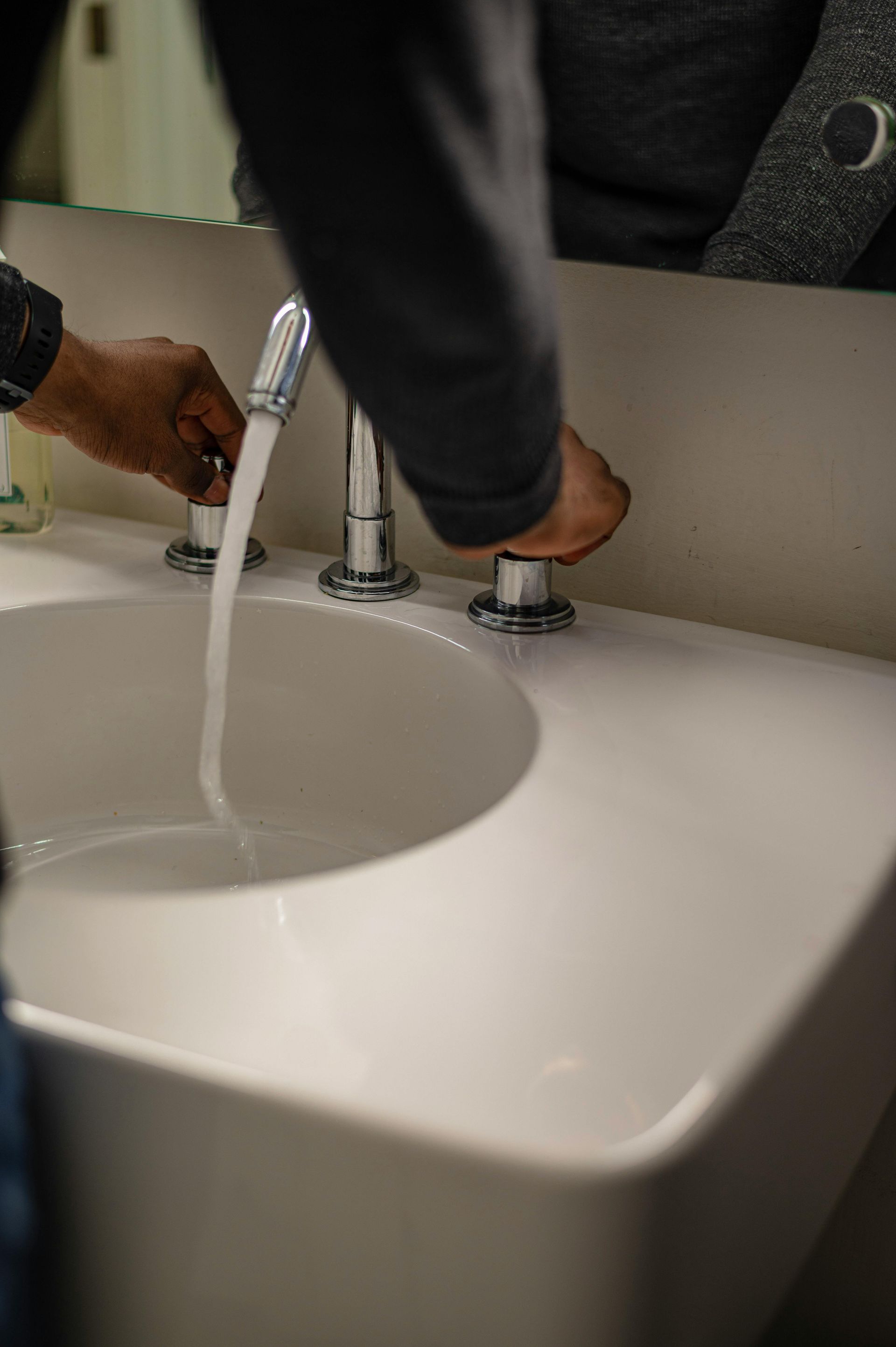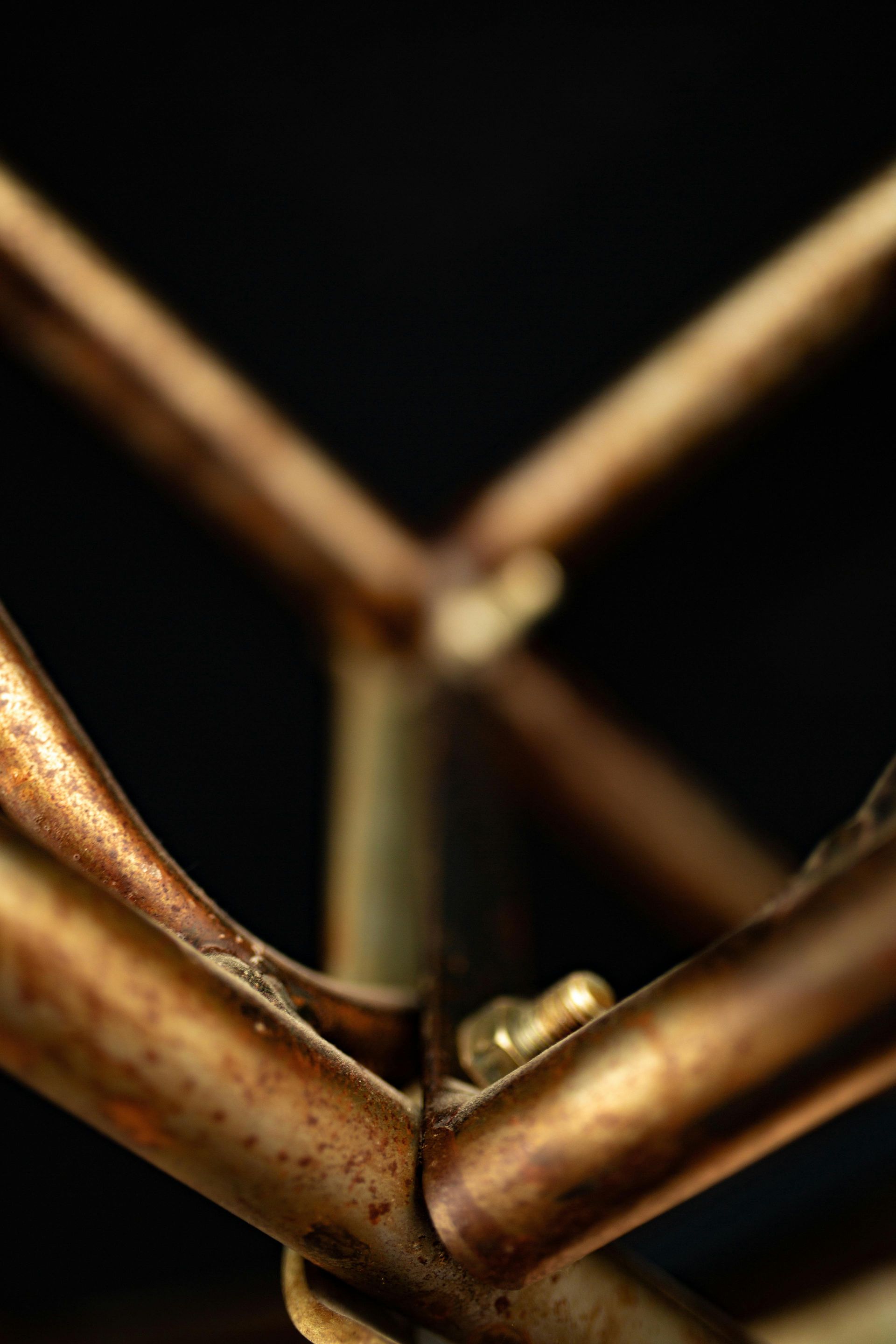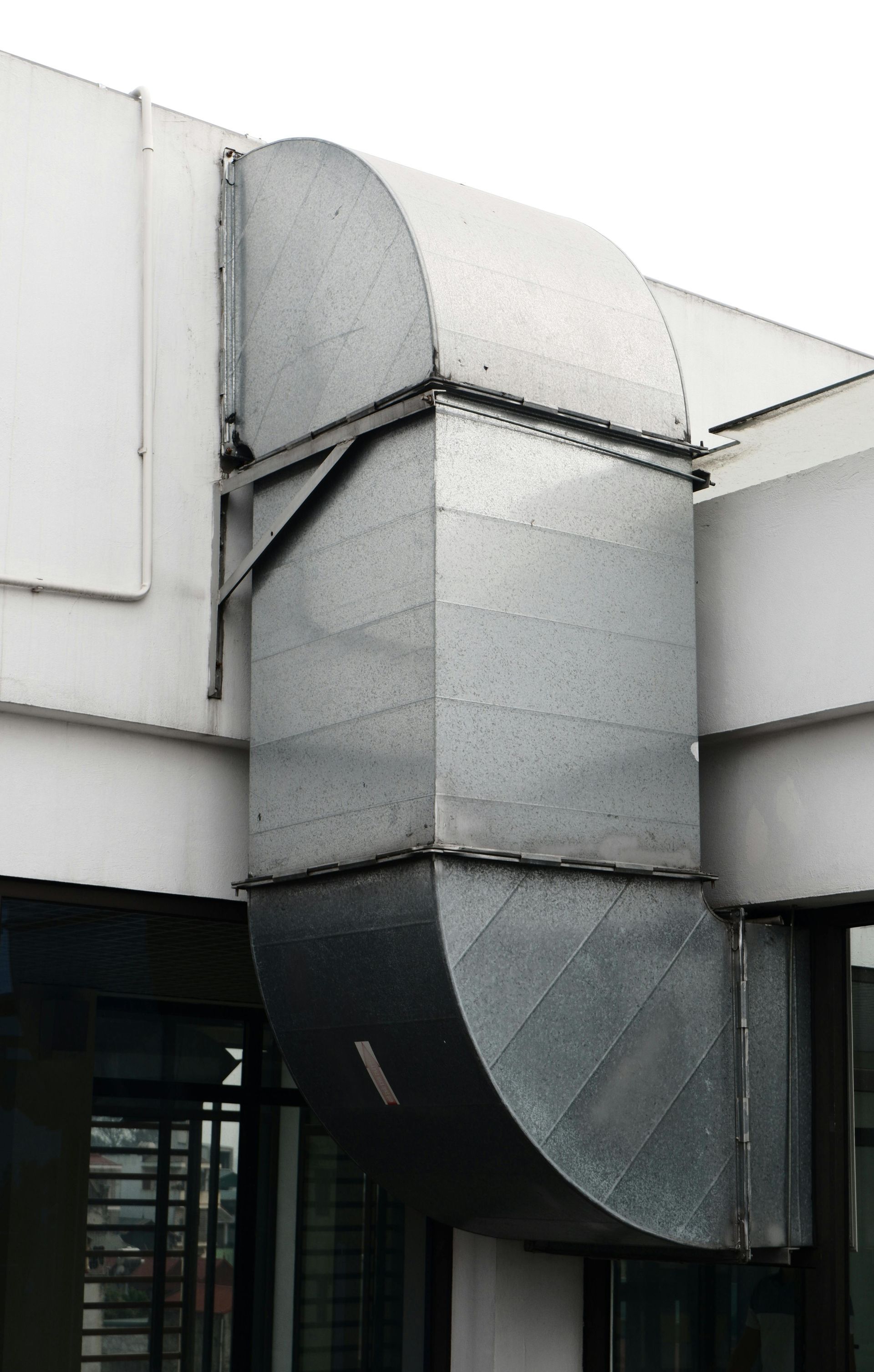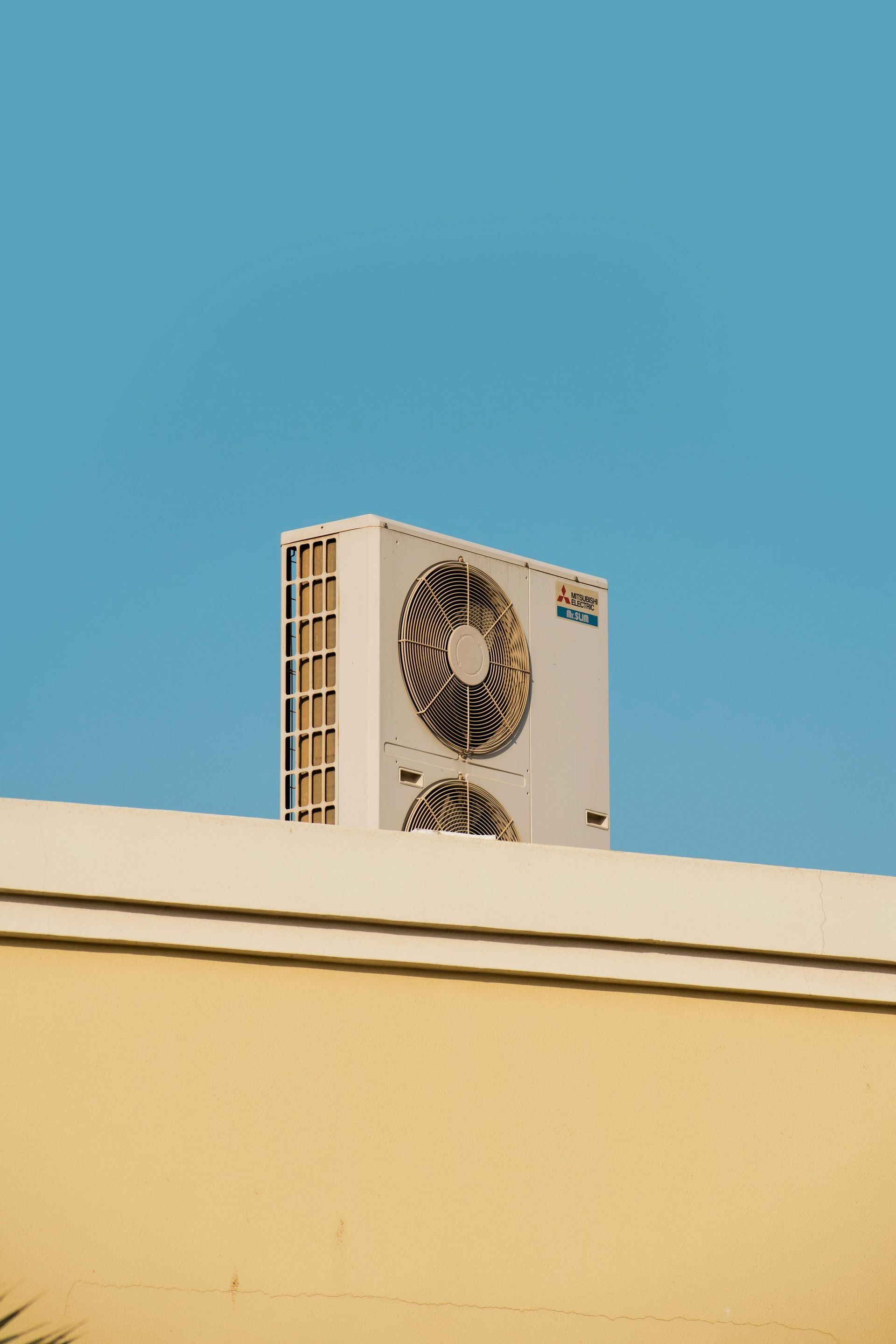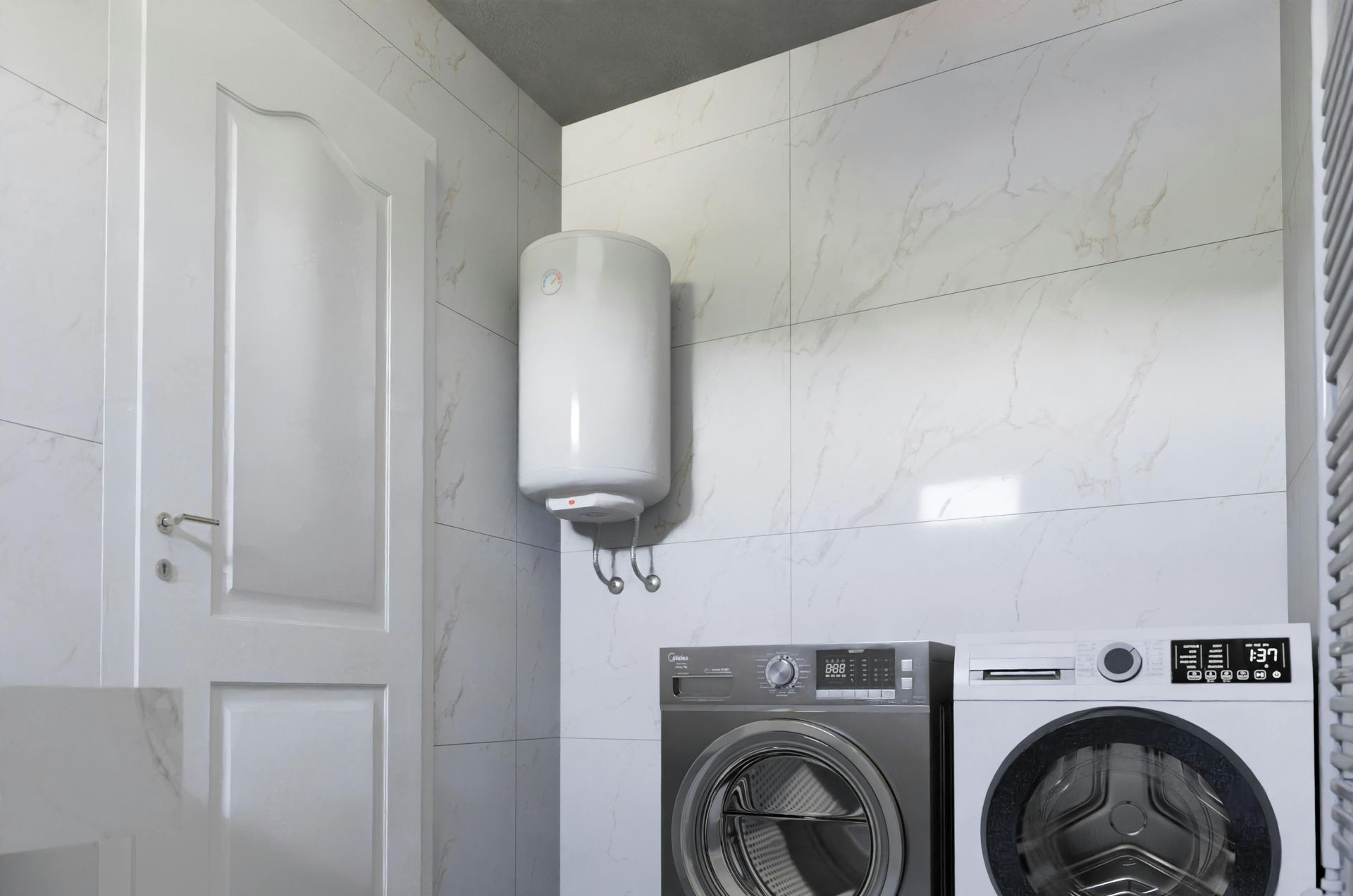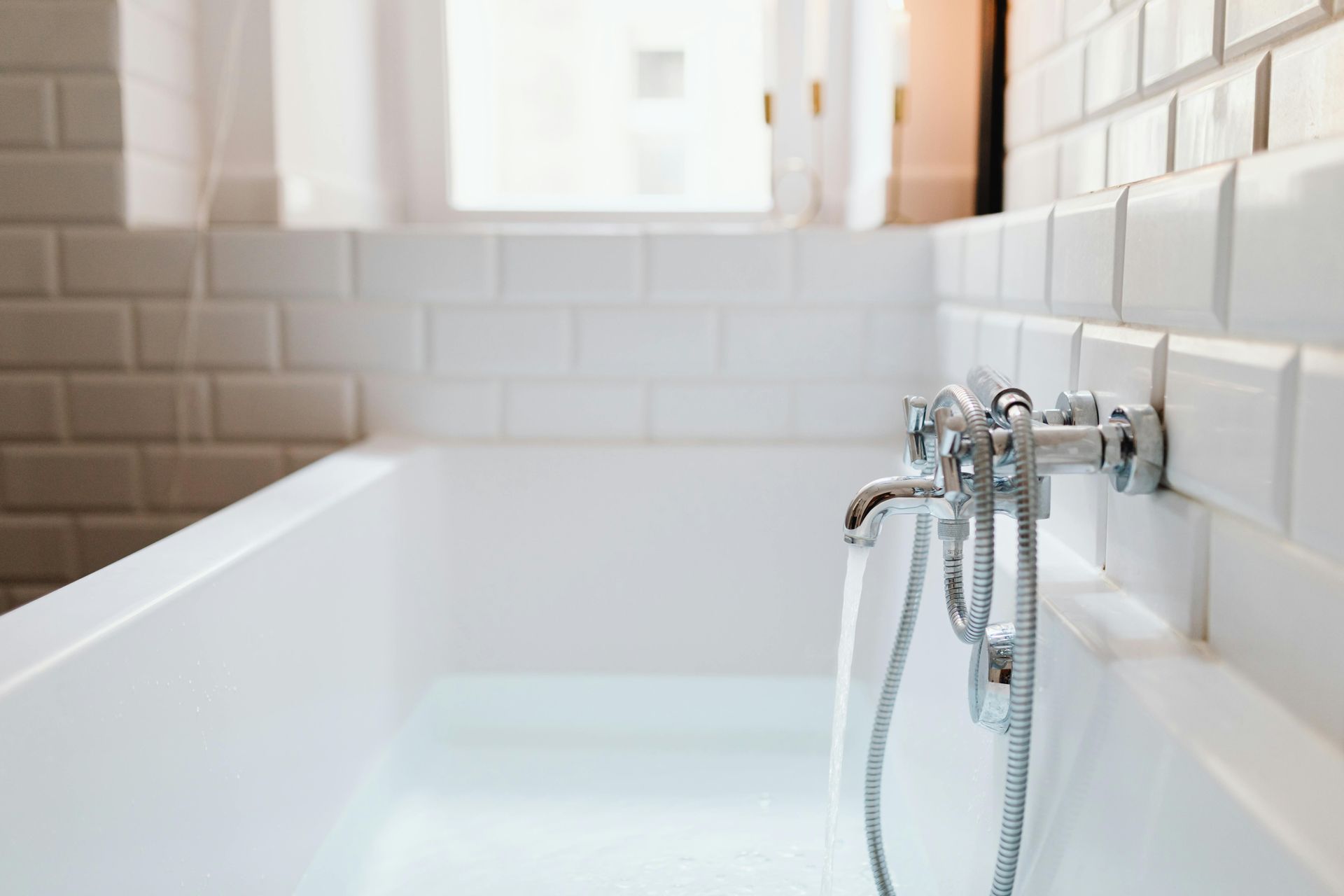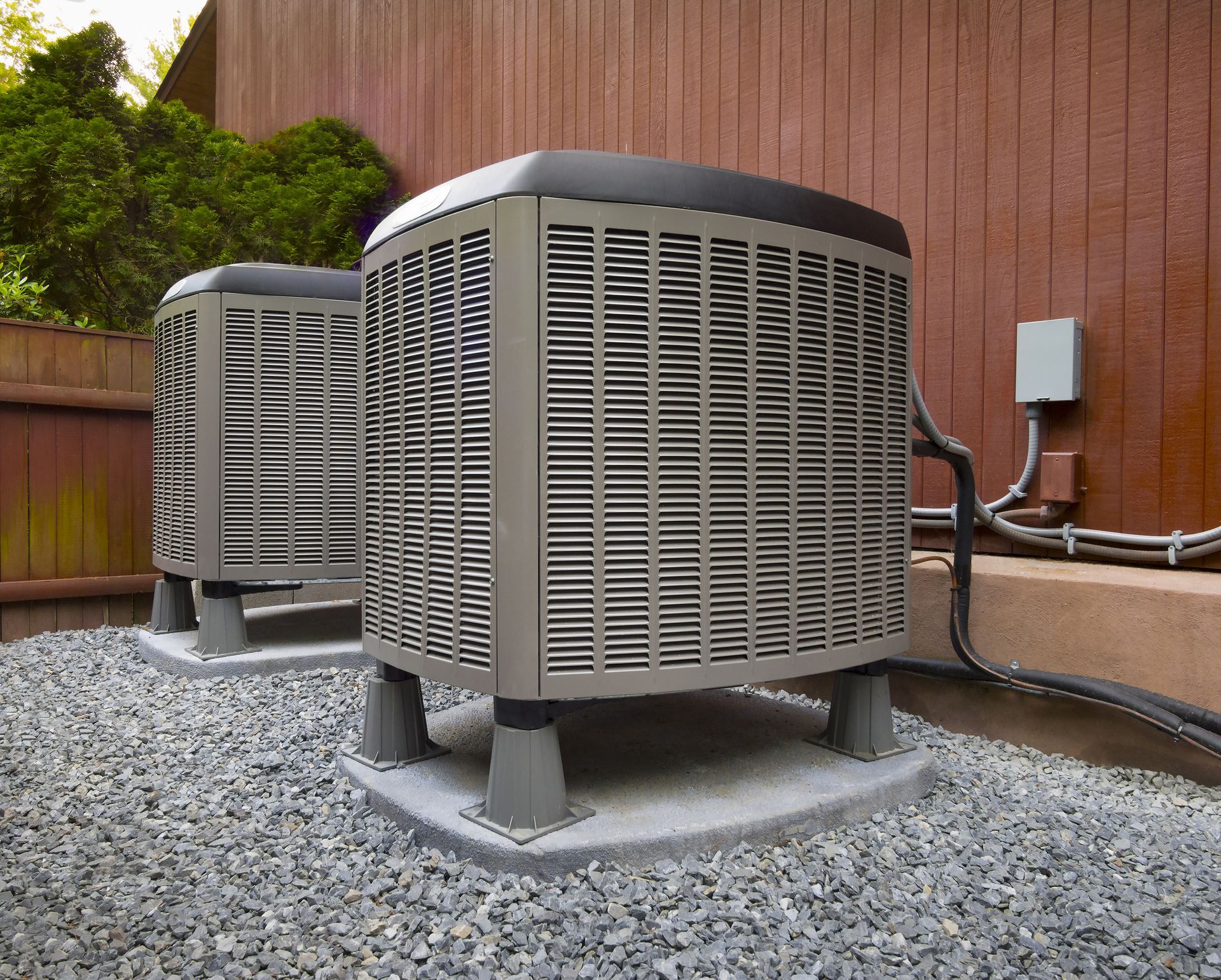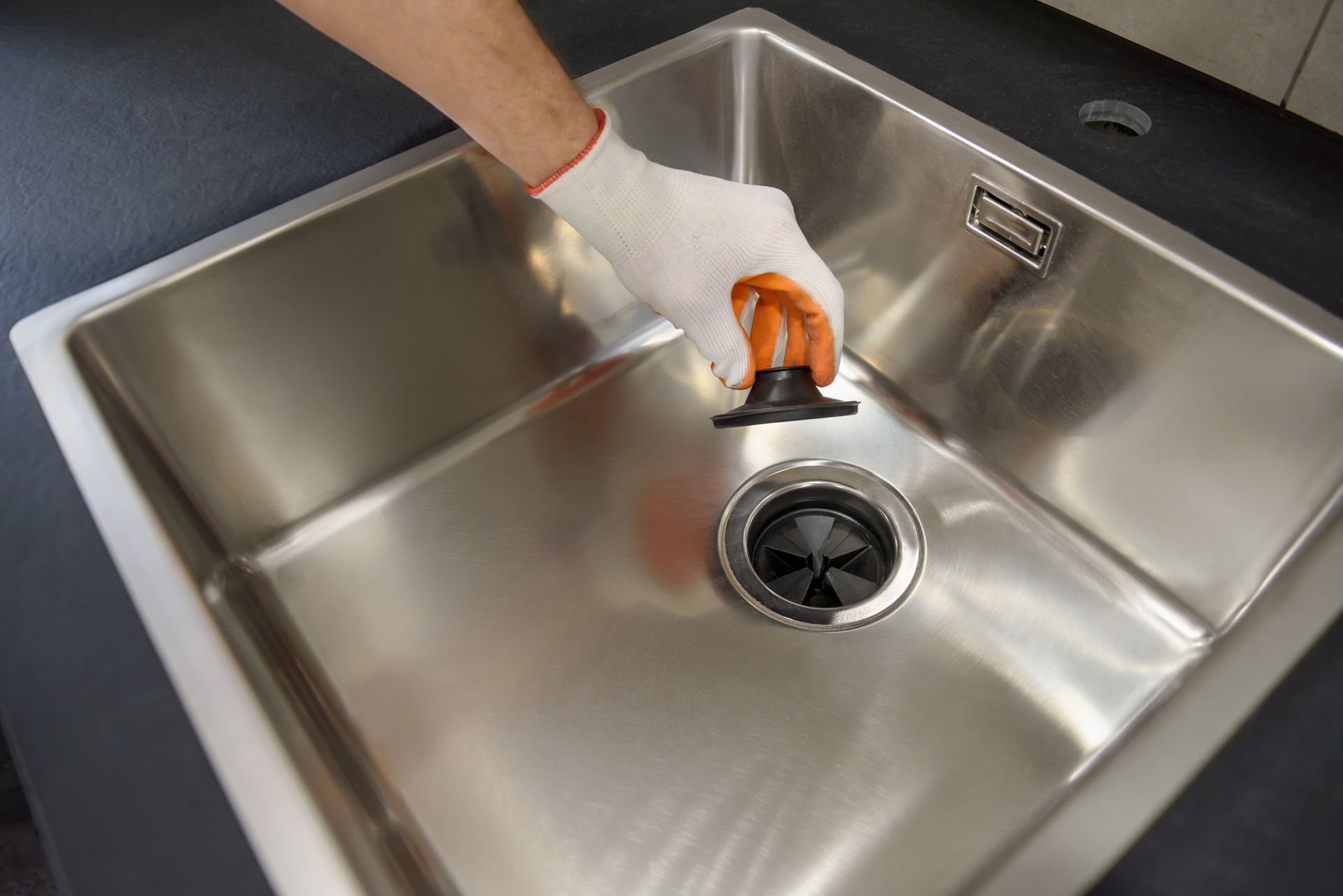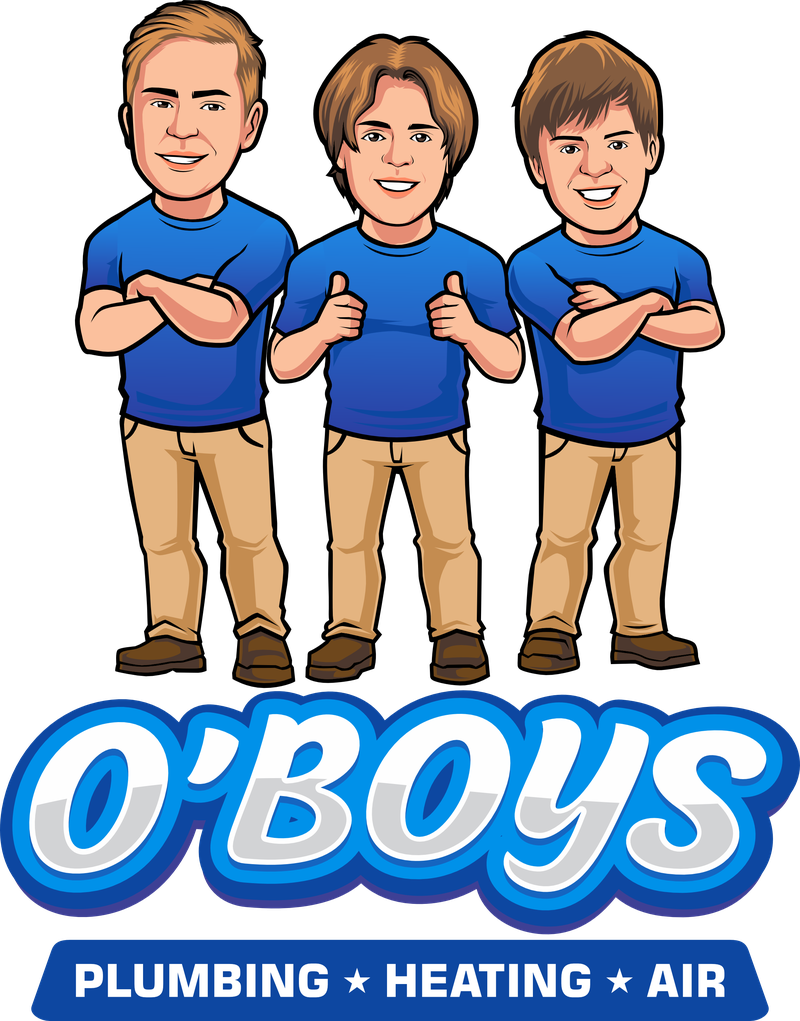Should you go with a heat pump or a regular air conditioner? You’re not the only one confused about your choices. Both systems cool your home, but they work slightly differently and serve different purposes, depending on your space's needs.
How a Heat Pump Works Compared to an AC Unit
If you’re deciding between a heat pump and an AC unit, it helps to understand how each one works. An air conditioner does one job. It moves warm air from inside your house to the outside. When the indoor air cools, the unit cycles off until the temperature rises again.
A heat pump does the same job, but it has a reverse setting built in. On cooler days, it can switch modes and pull heat from the outside air and push it indoors. That gives you both heating and cooling from one piece of equipment.
The two systems look similar on the outside, but the extra valve and reversing function inside a heat pump give you more flexibility. It also changes how the system runs in spring and fall when temperatures bounce around.
One big difference is that heat pumps don’t need a separate furnace to keep your space warm. If you want a single system that handles both jobs, a heat pump will check that box. If you already have a working furnace and only want to cool your home, a traditional AC setup might make more sense. Both systems need a good thermostat and ductwork to perform at their best, but what happens inside each unit varies a bit depending on the season.
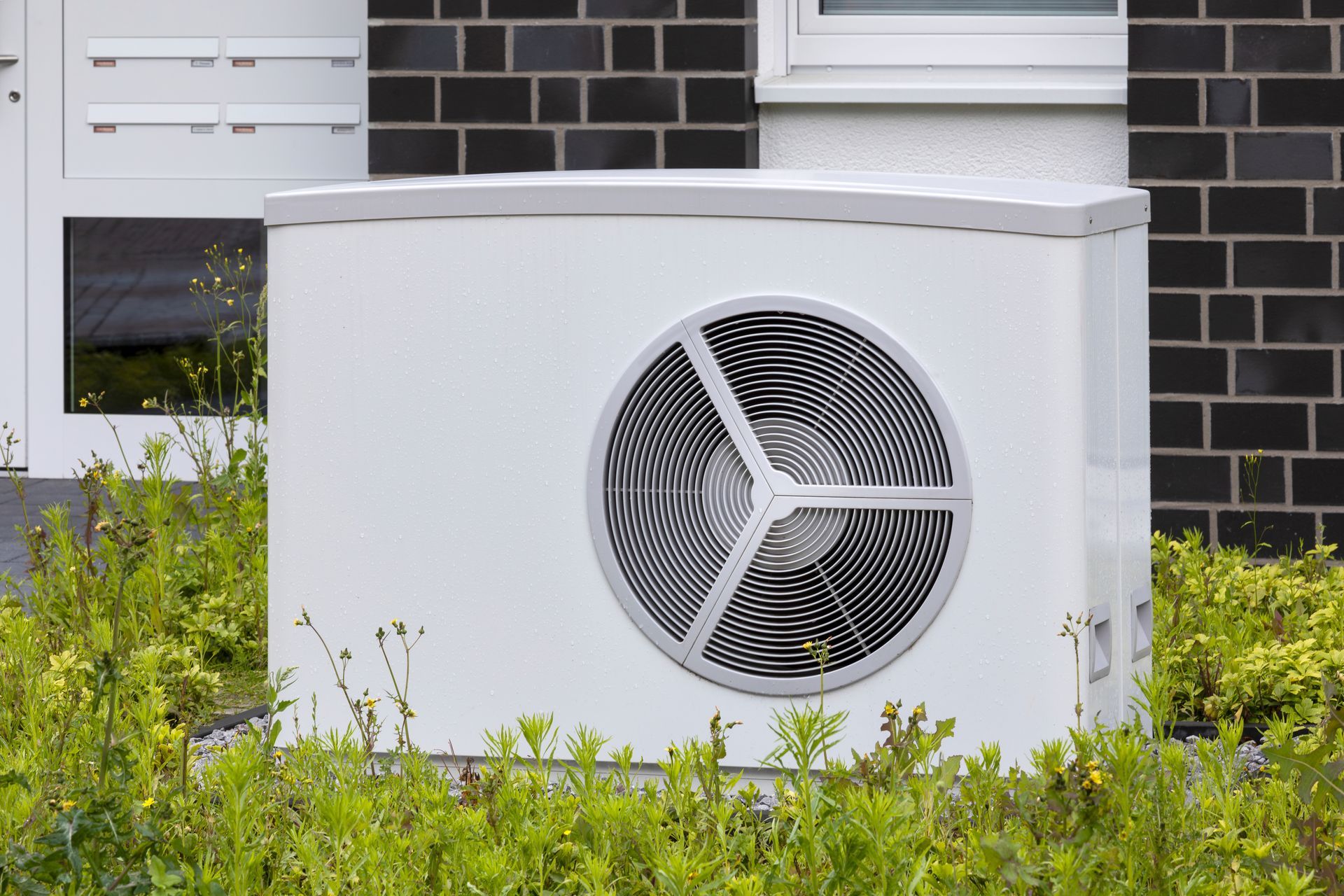
Cost Comparisons
Air conditioners usually cost less at the start. If you only need cooling, then an AC unit might seem like the obvious choice. But there’s more to think about. A heat pump may cost more upfront, but it does two jobs. That means you won’t necessarily need a furnace. You’re cutting down on how many systems you run each year, which can save money on maintenance and repairs in the long run.
Blaine has long, freezing winters, and thus your heat pump might need some backup when the temperatures drop. Cold snaps can push it past its comfort zone. Many setups include electric heat strips or work alongside a furnace to fill the gap. That extra heat keeps your home comfortable but also affects your energy use. It’s worth looking at your current winter heating bills and asking whether a heat pump could handle most of the work or if you'd end up leaning on your backup system so much that the savings get eaten up.
Energy Use and Efficiency in Real Conditions
You’ve probably come across terms like SEER or HSPF while looking into HVAC systems. These numbers show how efficient a unit is, but they don’t always reflect how it runs in real-life weather. A heat pump might get high marks in mild temps, but it can lose some efficiency when the weather turns cold. That doesn’t make it a bad choice. It just means you’ll want to check if it’s rated for the kind of weather here in Blaine.
Air conditioners tend to have high cooling efficiency because that’s the only thing they’re built to do. They don’t have to switch modes or run in cold weather. That single-purpose design can make them slightly better at holding steady temperatures in extreme heat. Heat pumps have to balance both heating and cooling needs, which means they’re built to adapt more. That adaptability helps with shoulder seasons, but it may change how much energy they use in winter.
If you want lower energy bills, the key isn’t just choosing the system with the best rating. It’s picking one that works with your home’s size and layout. The most efficient system in the world won’t help if it runs all day because your ducts are leaking or your insulation is poor.
Comfort Level Through Changing Seasons
When your summers are sweltering and your winters stay chilly, you’ll want a system that keeps things even. AC units do a good job of cooling the space quickly and then cycling off. Since they can run in both directions, they tend to keep the indoor temperature more balanced throughout the year.
Heat pumps are also known for running quieter than most furnaces, which can be helpful if you’re light-sensitive or noise-sensitive while sleeping. That steady hum might be less disruptive than the rumble of a gas furnace kicking on. You’ll also notice that heat pumps produce softer heat. Instead of blowing out super-hot air, they warm things gently, which can feel more natural.
Think about how you live. If you want a system that runs quietly and adjusts to changing temperatures without much thought, a heat pump might feel more seamless. If you only need cooling and like your heat fast and strong, a separate AC and furnace could give you that control.
Repair Frequency and Maintenance Schedules
Both systems need regular maintenance, but their service calls might look different. With a heat pump, you’re using the same unit all year. That means the wear spreads across heating and cooling seasons. You’ll likely want tune-ups in both spring and fall to catch anything before the busy seasons hit. Since heat pumps work year-round, their parts may wear down quicker than those in an AC-only setup.
Air conditioners, on the other hand, rest all winter, so you may get more years out of the same parts here in Blaine. But don’t let that fool you into thinking they’re maintenance-free. Dust, debris, and old refrigerant lines can still cause trouble if you skip your tune-ups.
When it comes to repairs, many issues overlap. Both systems can have refrigerant leaks, faulty capacitors, or clogged filters. But heat pumps have that reversing valve, which adds another part that could wear out. AC systems may avoid that extra cost, but if paired with an older furnace, you might face issues from two separate systems. That’s why it helps to think of your heating and cooling setup as one team. The fewer moving parts across the setup, the less you might spend fixing things down the road.
Which Option Matches Your Lifestyle Best?
Some choices come down to what fits your habits best. If you travel often or like to keep things simple, a heat pump can handle both heating and cooling without switching systems. You can manage everything through one thermostat and won’t have to think about flipping between furnace and AC modes. That can be helpful if you’re gone during seasonal changes or want fewer things to manage.
If you prefer separate systems with distinct roles and already own a good furnace, sticking with an AC unit might work fine. It’s one less thing to learn, and you can keep using what you already trust for heat. Some homeowners also like knowing that if one system breaks, the other still works. A heat pump offers simplicity, but a two-system setup might give you backup if one piece needs a repair.
We’ll Help You Choose Your System
Here at O'Boys, we help customers in Blaine and other parts of the Twin Cities metropolitan area with their heating and cooling needs. Whether you’re planning for a full install or just need a repair, we can save you stress down the road. We also offer ductwork services and indoor air quality solutions. If you’re having trouble deciding between an air conditioner and a heat pump, call the experts at O'Boys!
